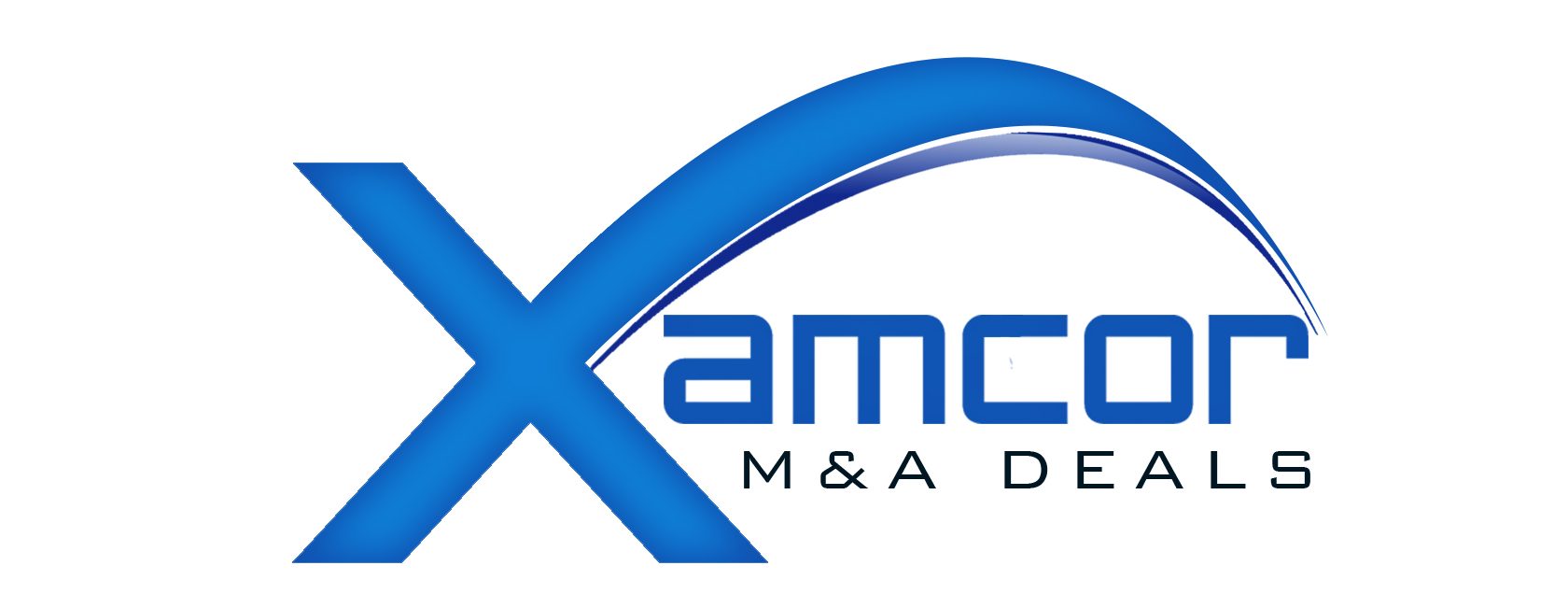HP’s Whitman Sees More Industry Consolidation as Company Revamps
(Bloomberg News) — Hewlett Packard Co. Chief Executive Officer Meg Whitman foresees greater consolidation in the technology industry, as her company prepares to split into an enterprise business and one that sells printers and PCs.
“About every 10 to 15 years in technology, I see tectonic plate shifts,” Whitman said in a Bloomberg Television interview. “When that happens the industry rearranges itself.”
Whitman’s comments follow a flurry of deals among big tech companies. Intel Corp. agreed to acquire Altera Corp., and Avago Technologies Ltd. decided to buy networking stalwart Broadcom Corp. “I’m not entirely surprised at some of the M&A that you’ve seen in recent weeks,” she said.
After the split, the company’s enterprise division will focus on cloud computing, security, software and mobility, Whitman said Tuesday during a speech at a customer conference in Las Vegas.
“Today we are defining our focus,” she said at the event.
The bellwether Silicon Valley technology firm is due to become two publicly traded entities Nov. 1. Whitman will stay as CEO of the enterprise company, while becoming chairman of HP Inc., which will take the personal computer and printer business.
HP has laid the groundwork for this shift through a combination of research and development, partnerships and acquisitions.
M&A Game
“We asked ourselves, how can we put HP in the best position to not only survive, but thrive?” Whitman said.
This includes a series of deals, such as its $2.5 billion purchase of networking company Aruba Networks Inc., the acquisitions of security startup Voltage Security Inc. and cloud startup Eucalyptus Systems Inc., partnerships with companies such as FireEye Inc. and investments ranging from data analysis specialist Hortonworks Inc. to storage startup Coho Data.
HP is “back in the M&A game,” Whitman told Bloomberg TV. “We will augment our core innovation that we do internally, what we call organic innovation, with M&A,” she said.
Whitman, who sees some of the valuations among privately held technology companies in Silicon Valley as “expensive,” said the company may still look at deals there.
“If you find a company that’s completely disruptive and has a chance to take big share from an incumbent, those valuations might be worth it,” she said. “But we’re quite disciplined buyers.”
Despite the potential for growth through M&A and research and development the company is dogged by challenges to its businesses from the rise of cloud computing to the arrival of new software companies, which have led to year-over sales declines in every one of its business divisions, according to the company’s most recent earnings report.



